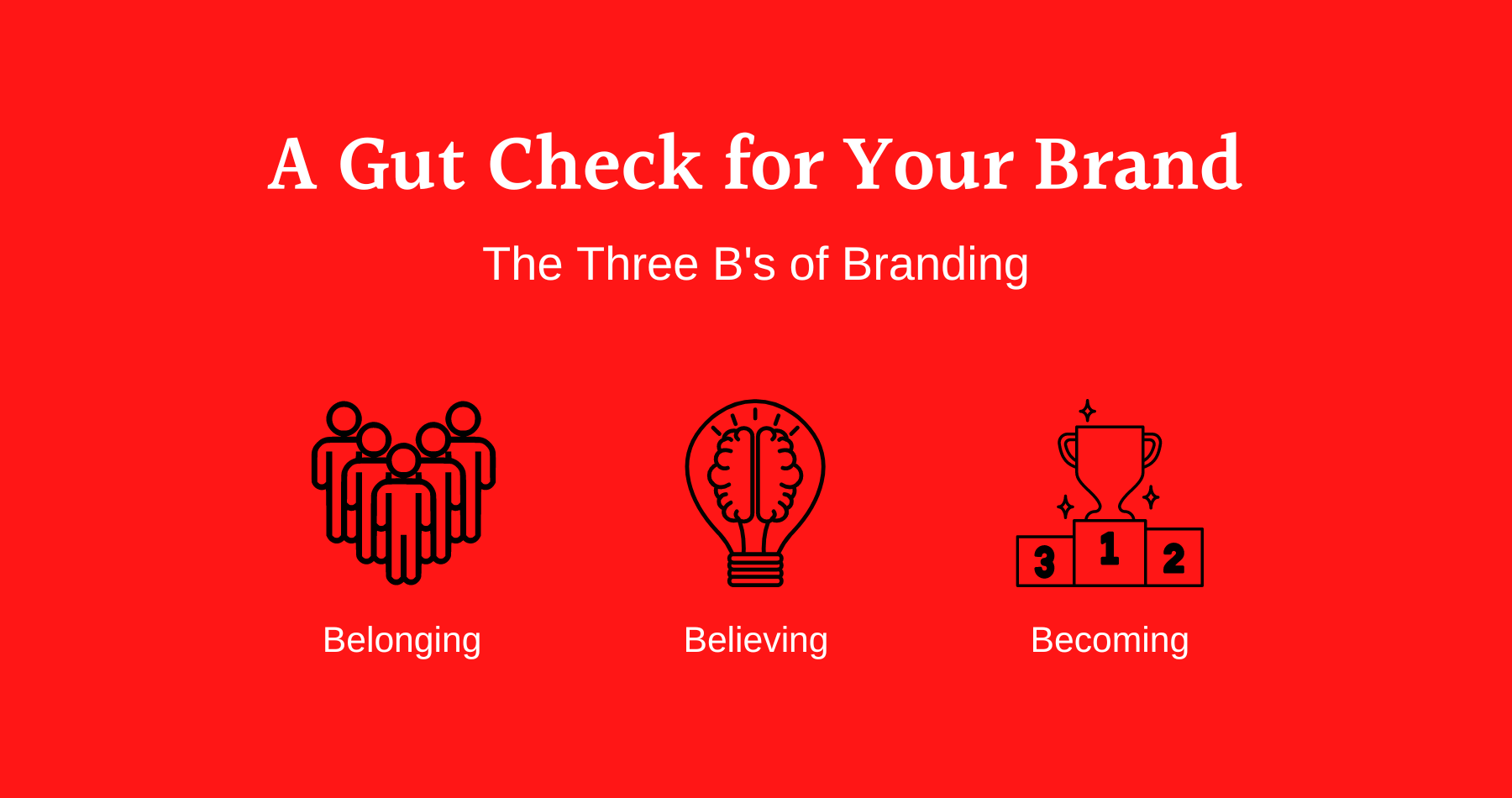
First it was market share. Then it was mind share. Now, today’s marketers are competing for something more primitive and more profound: gut share.
That’s right—in a world where rational factors such as price, selection and availability no longer limit consumer choice, gut feelings are driving purchase decisions. The way to the new consumer’s heart—and wallet—is through their stomach, so to speak. That’s because more and more consumers are searching for something far more elusive than a good deal. They want to feel good about the deal, and spend their money without butterflies of doubt.
For successful brands, passing the gut check means earning a consumer’s trust before their bucks—No easy trick in a marketplace overcrowded with half-truths and double talk. Faced with a seemingly infinite number of marketing messages, consumers are developing a sixth sense to detect marketing hype. And when the pressure’s on to make a buying decision, they more often go with their gut than their head.
It’s an economic fight or flight instinct that shortcuts the rational consideration process when the selection set is overwhelming. Except the decision isn’t whether to attack or retreat, it’s whether to buy or bypass your product or service.
To make sure your brand has enough stopping power, speak to your audience on a gut level. In other words, build a brand that appeals to your prospect’s emotional needs. For most people, the strongest needs include social acceptance, respect and self-fulfillment (remember Maslow’s Hierarchy of Needs?). I like to call these drivers the Three B’s of branding: Belonging, Believing and Becoming. Applied correctly, the Three B’s can get your brand past the hype filter.
No one wants to feel alone in the world. But even with more than six billion people on a shrinking planet, people feel more detached than ever. Today’s best brands fill the void by connecting customers with a community.
For many consumers, brand ownership is membership, and affinity equals identity. Marketers who know this write marketing plans that read like recruiting manuals. Orange Theory is a great example. For OT members, it’s not just a HIIT workout, it’s a supportive, gamified wellness community where members celebrate each other’s class milestones and PRs.
When a consumer trusts their gut to make a choice, they’re searching for a reason to trust you—to believe your brand will deliver the goods. Believable brands earn respect by showing respect for consumers. Such brands take every opportunity to meet or exceed customer expectations and make every effort to address concerns with urgency and honesty.
If they believe you, they’ll remain a customer for life. At least that’s how it’s worked for Dove when they shifted their focus to redefining toxic beauty standards and encouraging body positivity among consumers. Similar to Olay’s “Love the Skin You’re In” slogan, Dove’s inclusive, authentic message about “real beauty” continues to receive an overwhelmingly positive response almost 20 years later.
The gap between our real selves and our ideal selves is growing. Though we may be earning more, moving up and living larger, fame, fortune and fulfillment still evade us. Not every consumer can become a bourgeois Buddha, but most want to feel they’re at least on the jogging path to enlightenment. Brands that offer consumers the value-added benefit of becoming a complete person gain the edge for gut share.
Take Patagonia, an outdoor clothing brand that’s been a long-time supporter of grassroots environmental efforts and socially responsible initiatives, including B Corp certification and fair trade. Long considered “The Activist Company,” Patagonia is known for being sustainable, ethical and hip, aligning with like-minded consumers who want to be part of something bigger than the individual.
However you compete for customers, just remember: No guts. No glory. Meaning, if your brand ignores the influence of gut-level intuition, you may be missing a big opportunity.